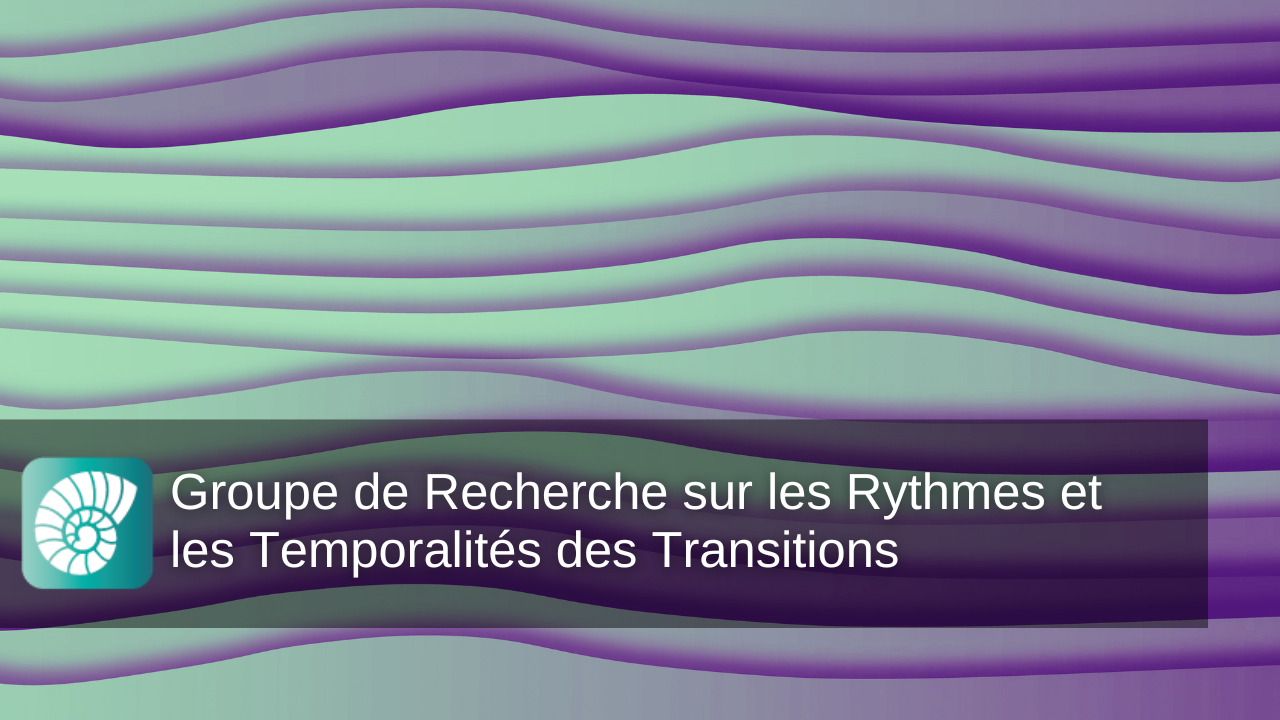Research
With the Temporalities, Rhythms and Complexity Lab, we produce knowledge and methods that are critical, innovative, and transdisciplinary, in order to better understand how transformative processes unfold through space and time.
Temporalities, Rhythms & Complexity Lab
The mission of the TRC Lab is to develop and promote a better understanding of the different temporalities which pace and constrain individual and collective lives. Its aim is to develop original theoretical contributions and innovative methods of research and training to facilitate the recognition, the interpretation, the organization and the transformation of the rhythms and fluxes that shape people's existence, in the everyday life and in a long-term perspective.
Research Projects
The agenda of the TRC Lab is currently organized around four axes of research.
The aim of this project is to develop innovative coaching and training methods that articulate best practices grounded in the use of life history, narratives and biographical approaches, with strategies informed by rhythmanalysis and current research in rhythmology.
The aim of this project is to conceptualize "rhythmic intelligence" and design methods that can be used to develop the experiences, knowledge and skills it involves. It is based on the assumption that people develop throughout their lives the individual and collective capacity to pilot and regulate their own transformations and the ways they evolve. More information: www.rhythmicintelligence.org
The aim of this project is to study how the development of rhythmic intelligence may contribute to foster – individually and collectively – emancipatory processes, changes and transformations that contribute to social and environmental transitions.
The aim of this project is to develop and experiment online educational resources that can be used worldwide to reinforce field-based participatory action research. It focuses in particular on the development of rhythmic intelligence, in connection with local initiatives related to social and environmental transitions.
Research Symposium Series
Through the organization of online research symposium series, the TRC Lab provides guest speakers with the opportunity to present to an international audience their contributions to the study of temporalities, rhythms and complex processes of transformation.
Research Webinars
Through the organization of free webinars, the TRC Lab provides graduate students, researchers, and professionals with a space to exchange or explore new ideas, start conversations and develop new or unexpected connections.
Research Groups
The TRC Lab supports the development of communities of practice and research to foster collaborations and sustain academic exchanges locally and internationally.
Sign up to our mailing list
Join our mailing list to keep up to date on all the events (webinars, lectures, training sessions, performances, etc.) the Sunkhronos Institute has to offer.
To find out how your personal data is used and your rights under the Data Protection Legislation (GDPR), please read our Privacy Policy.








